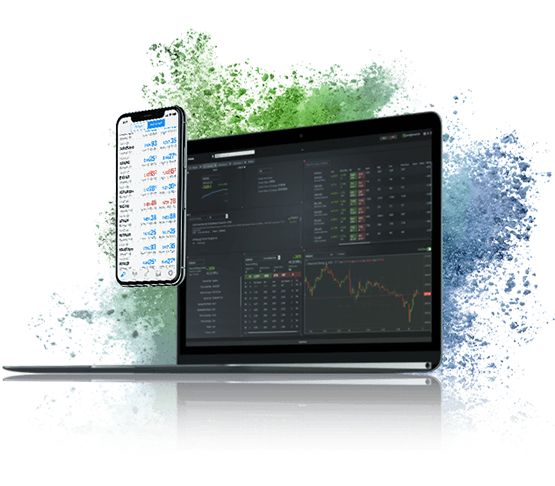A contract for differences (CFD) is an arrangement made in financial derivatives trading where the differences in the settlement between the open and closing trade prices are cash-settled. There is no delivery of physical goods or securities with CFDs

Contract months are identified by a month code abbreviation which identifies the month in which a futures contract expires. Also called the delivery month.
As an example Silver Futures trade five contracts per year (Mar, May, Jul, Sep, Dec). Using the month codes, the symbol for March is “H” (“K” for May, “N” or July, “U” for September, and “Z” for December). To define the specific symbol, combine the commodity symbol (SI) with the month code (H) for “SIH”.
To refer to a specific year for the March Silver contract, simply add the year. SIH11 then referes to the March, 2011 contract.
| Month | Abbr | Abbr |
|---|---|---|
| Janurary | F | D |
| February | G | E |
| March | H | I |
| April | J | L |
| May | K | O |
| June | M | P |
| July | N | T |
| August | Q | R |
| September | U | B |
| October | V | C |
| November | X | W |
| December | Z | Y |
The first column is the symbol for the first year while the second column is the symbol for the second year.
Instead of depositing 100% of the transaction value, the investor is only required to deposit margin as collateral.
Using CFDs allows the investor the ability to go short on a share - previously a costly and complicated procedure available only to significant and sophisticated investors. This allows the investor to take advantage of anticipated price declines in a share.
There are no other costs involved other than a low transaction commission - there is no Stamp Duty to pay, PTM levy or other local charges. Commissions are fixed and there is no storage fee.
CFD's are particularly useful when employed in risk management and hedging strategies. For example, if an investor held a physical position but anticipated a short-term price decline, he would simply short the commodity via a CFD to realize a profit to offset any loss on the physical